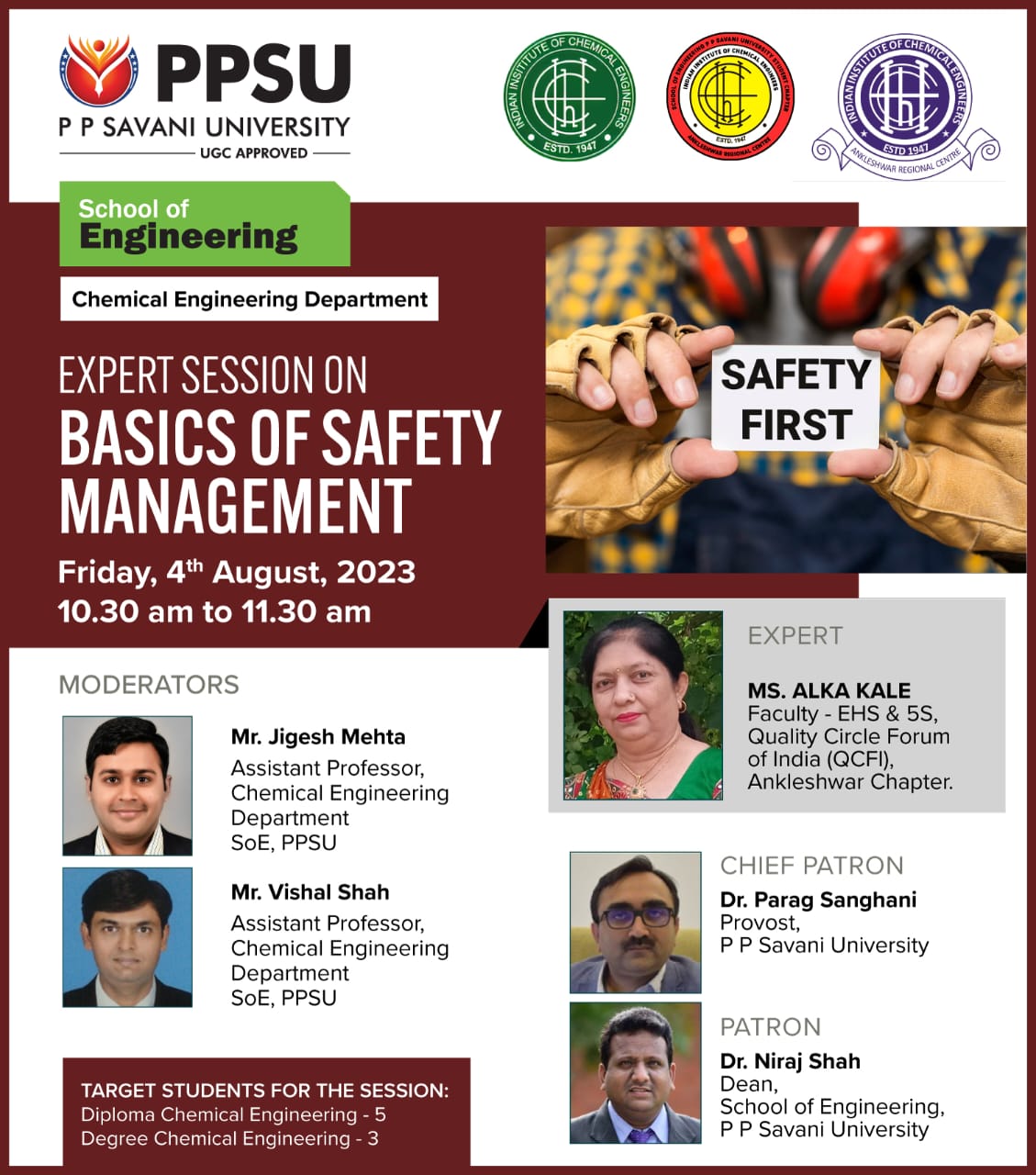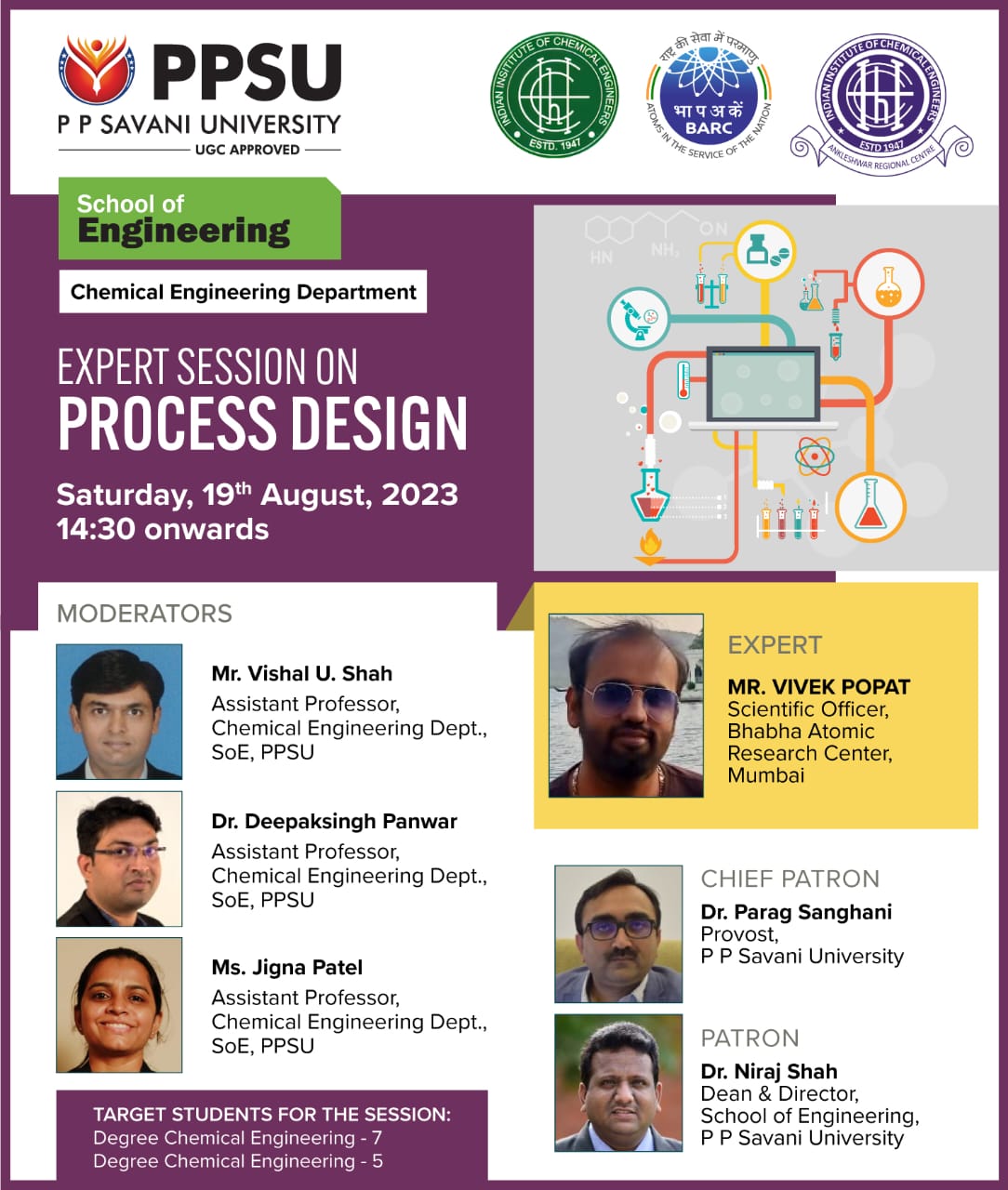| PO 1 |
Engineering knowledge: Apply knowledge of engineering fundamentals, science, mathematics & engineering specialization for the solution of complex engineering problems. |
| PO 2 |
Problem analysis: Identify, formulate and analyze complex engineering problems leading to substantial conclusions using basic principles of mathematics, science and engineering. |
| PO 3 |
Design/development of solutions: Develop solutions for complex engineering problems and design system components or processes meeting specified needs having due consideration for the safety and societal & environmental considerations. |
| PO 4 |
Conduct investigations of complex problems: Use research-based knowledge & methods like design of experiments, analysis and interpretation of data, and synthesis of the information to provide valid & viable conclusions. |
| PO 5 |
Modern tool usage: Create, select, and apply appropriate techniques, resources, and modern engineering and IT tools for prediction and modeling of complex engineering activities with an understanding of the limitations. |
| PO 6 |
The engineer and society: Apply cognitive learning by the contextual knowledge to assess societal, health, safety, legal and cultural issues and following responsibilities relevant to the professional engineering practice. |
| PO 7 |
Environment and sustainability: Understand the impact of the professional engineering solutions in societal and environmental contexts, and demonstrate the knowledge & skill needed for sustainable development. |
| PO 8 |
Values & Ethics: Apply basic moral values & ethical principles and pledge to professional ethics/norms and responsibilities of the engineering practice. |
| PO 9 |
Individual and team work: Function effectively as an individual/as a team member or as a leader in diverse teams, and in multidisciplinary settings. |
| PO 10 |
Communication: Communicate effectively on complex engineering activities with the engineering community and with society at large, such as, being able to comprehend and write effective reports and design documentation, make effective presentations, and give and receive clear instructions. |
| PO 11 |
Project management and finance: Demonstrate knowledge and understanding of the engineering and management principles and apply these to one’s own work, as a member and leader in a team, to manage projects in multidisciplinary environments. |
| PO 12 |
Life-long learning: Recognize the need, do necessary preparation and ability to engage in independent and life- long learning in the broadest context of technological change. |
.jpg)
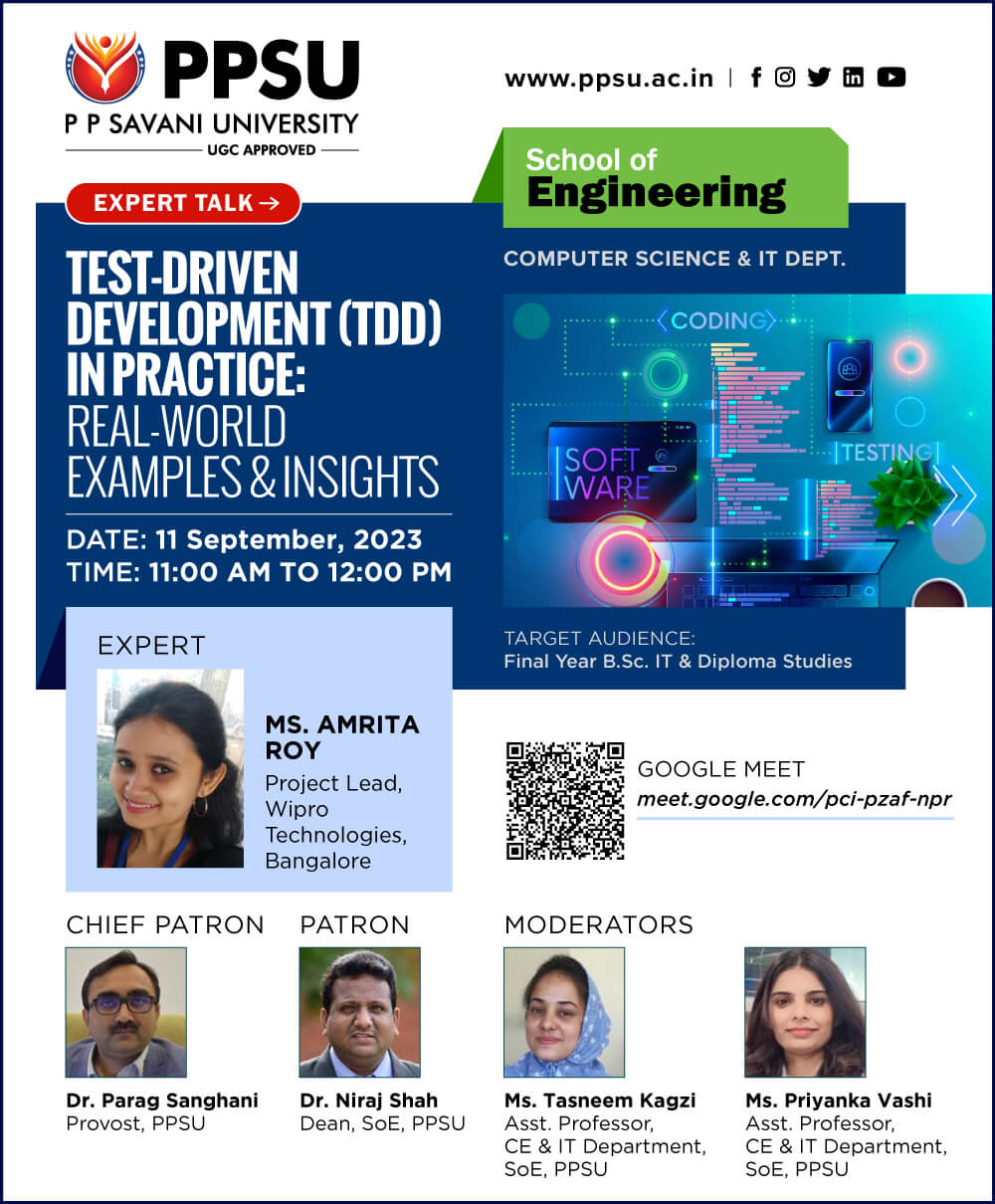
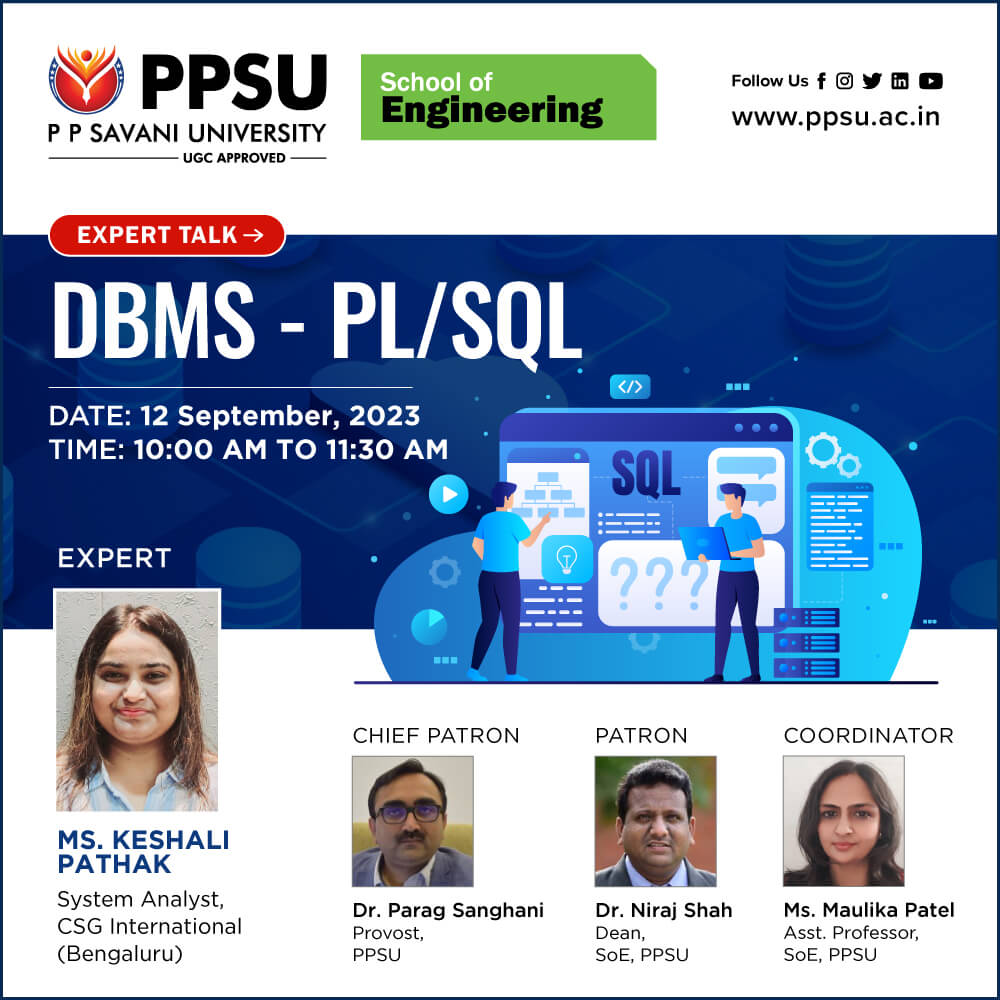


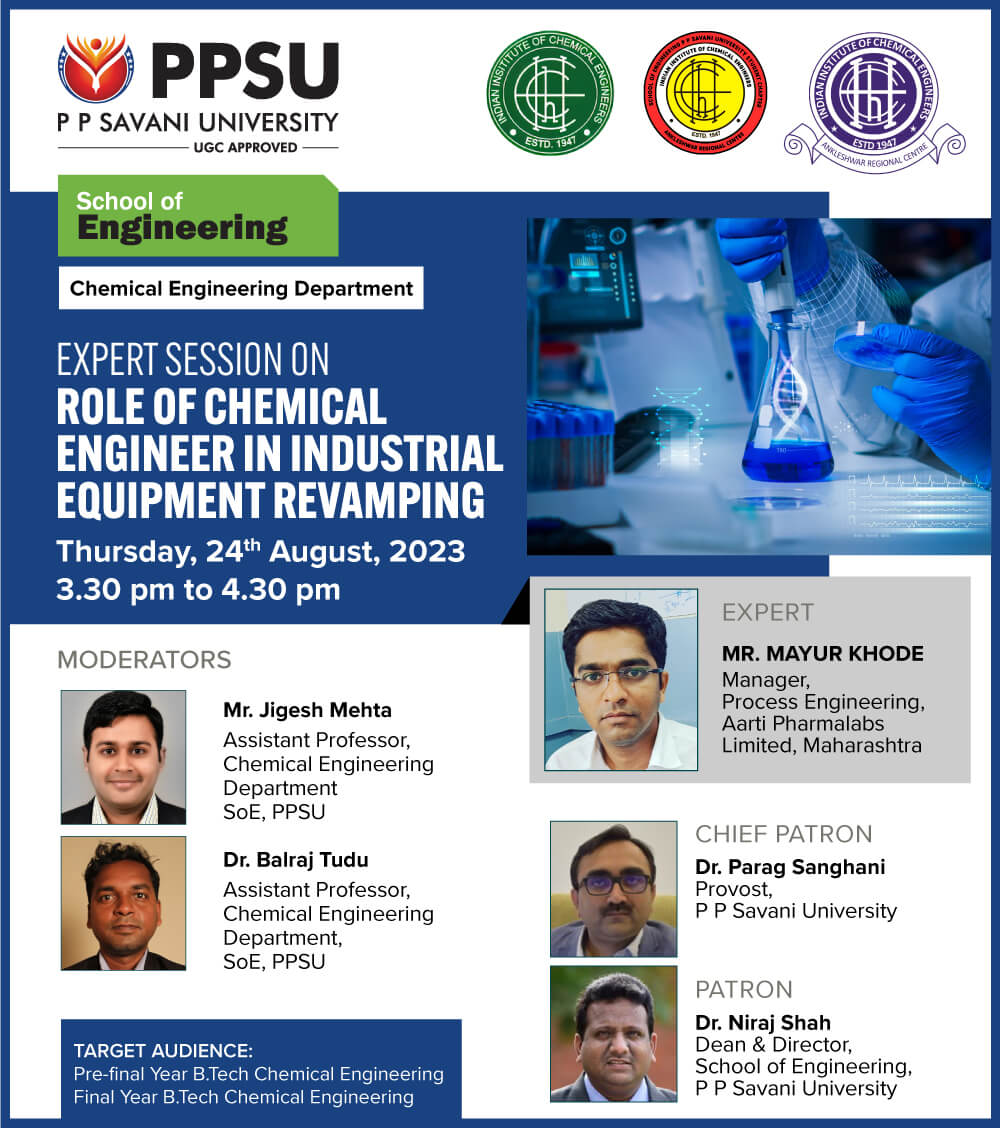
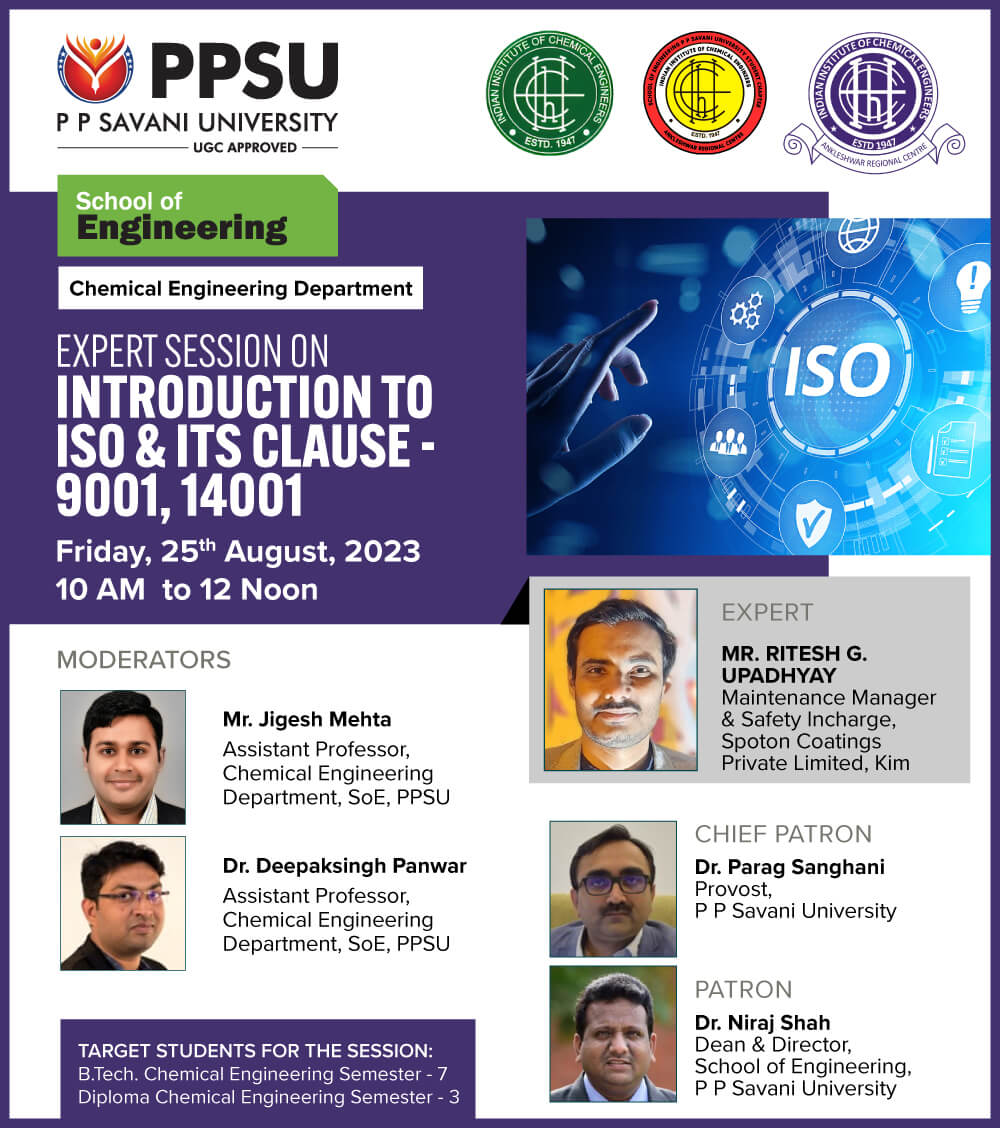
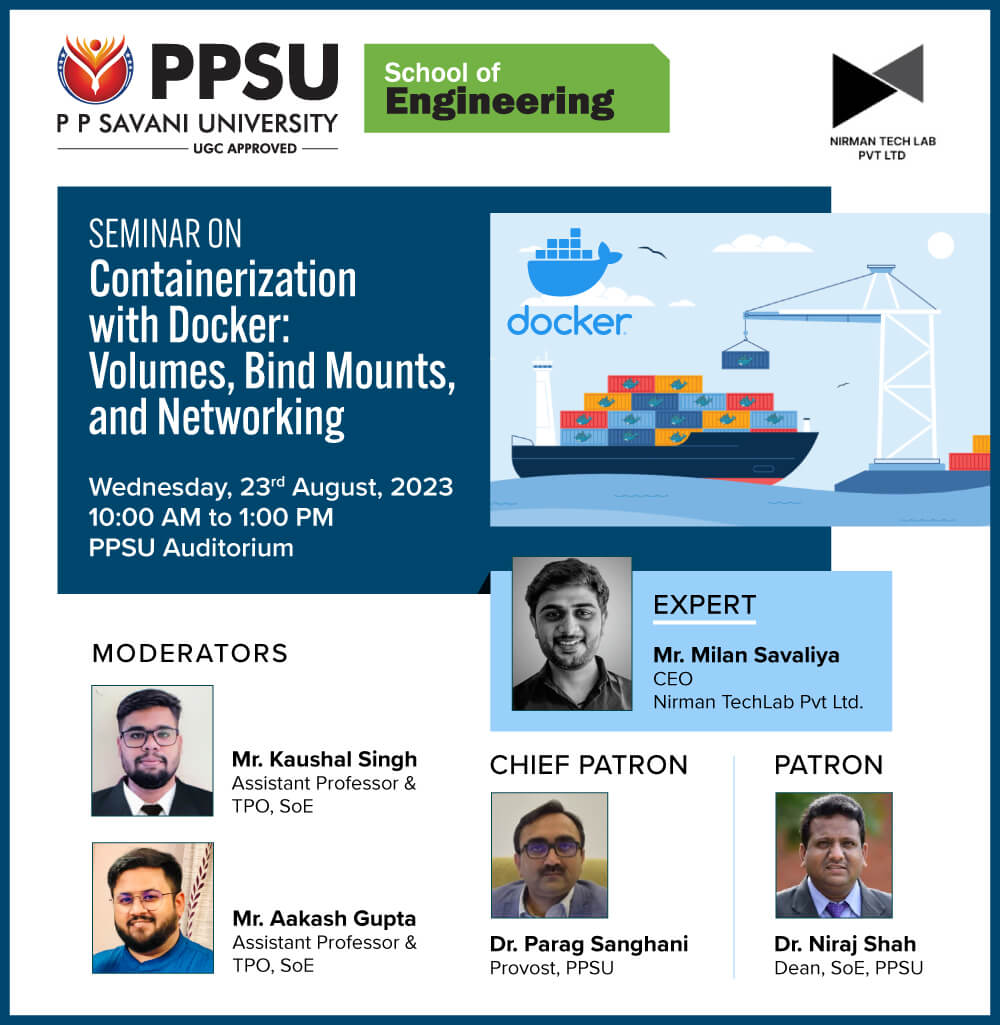
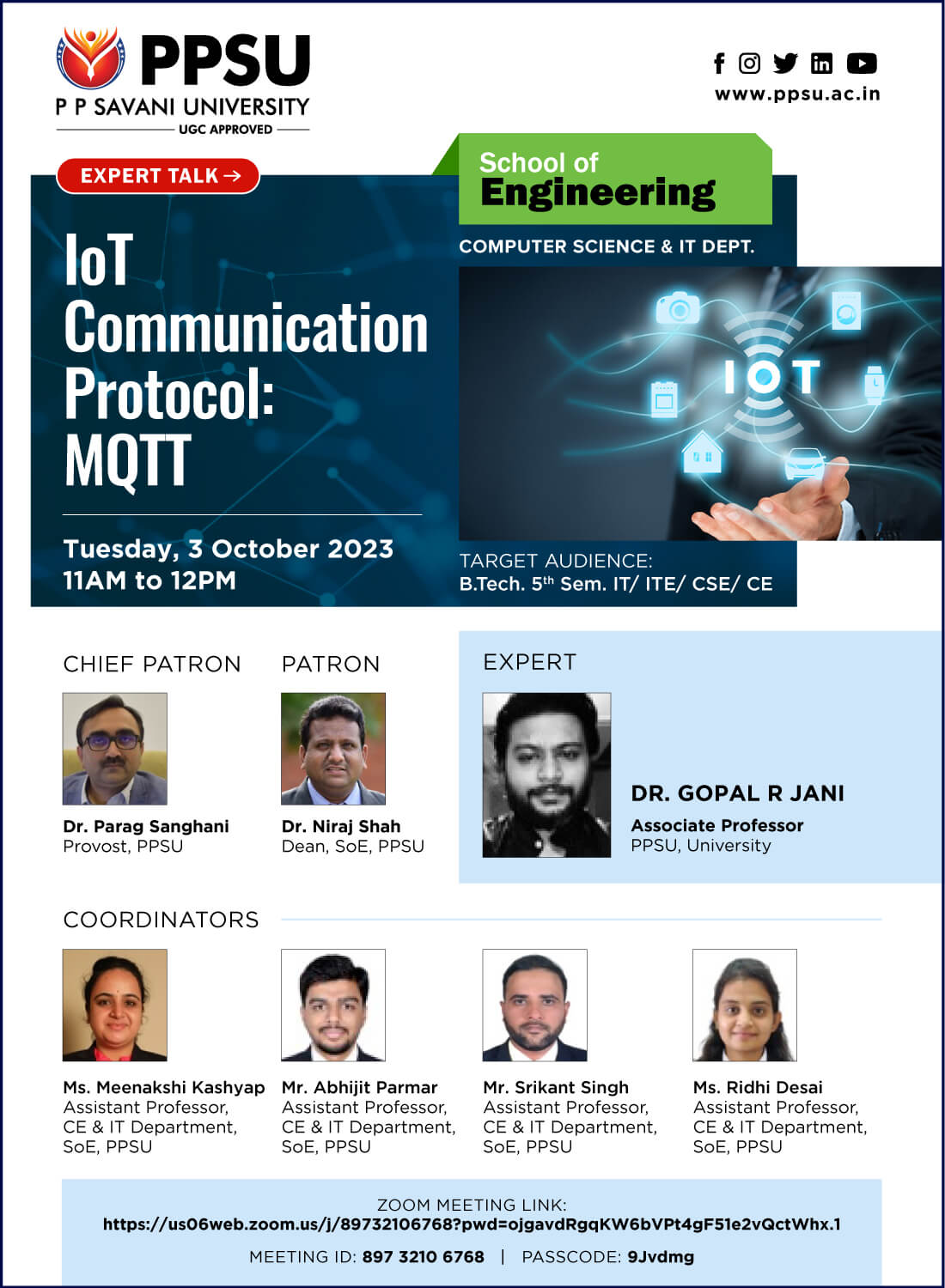
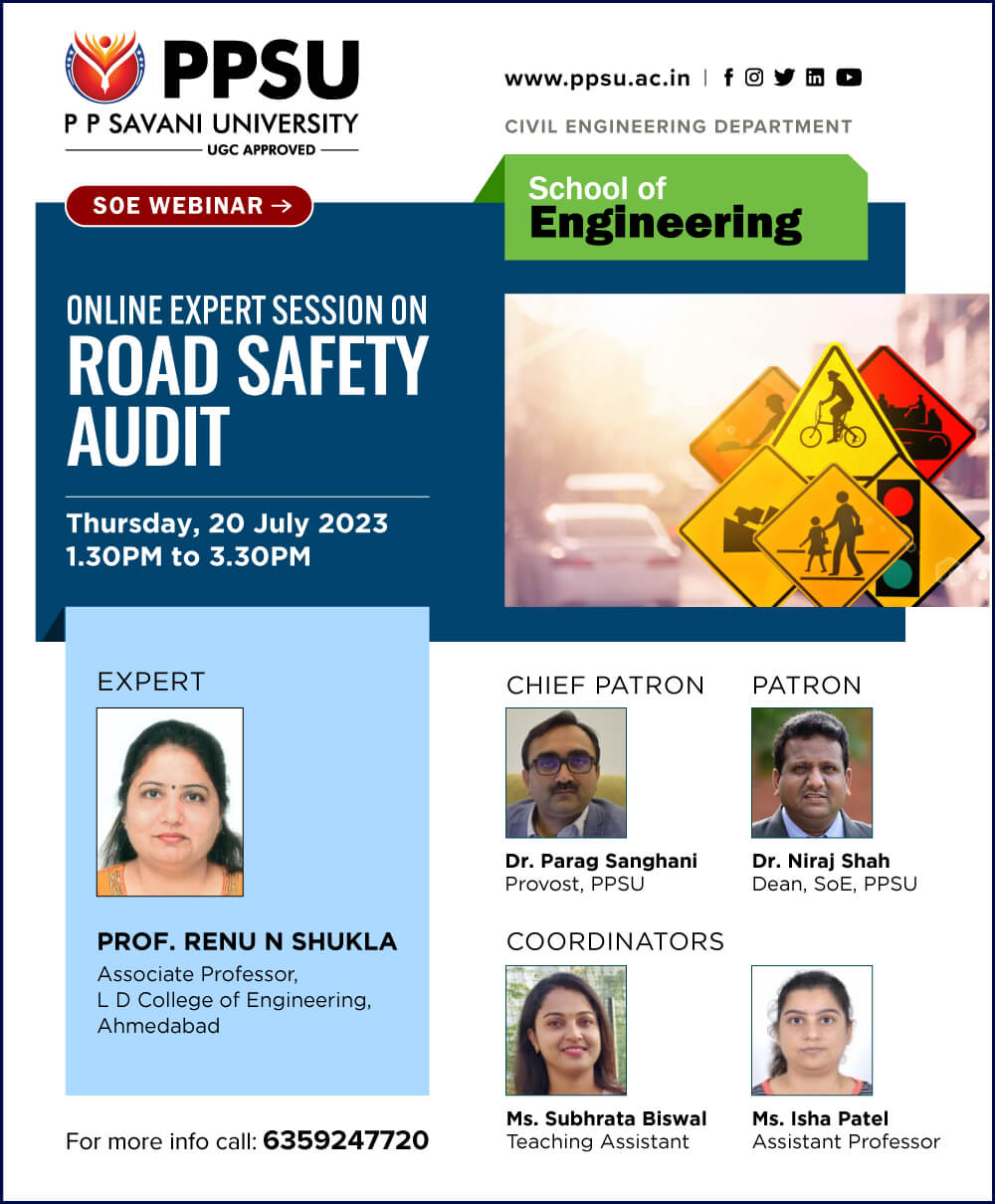
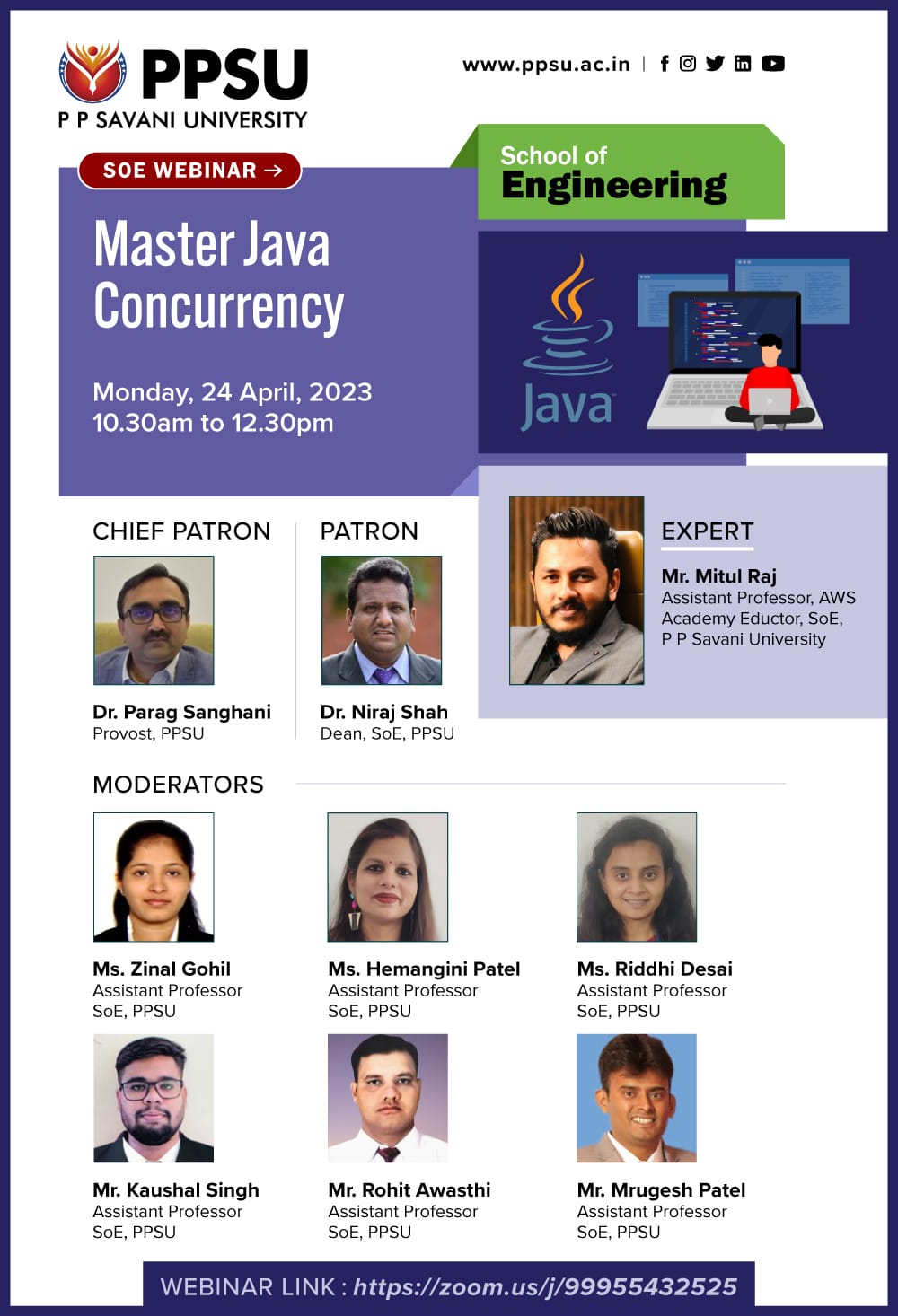
.jpeg)
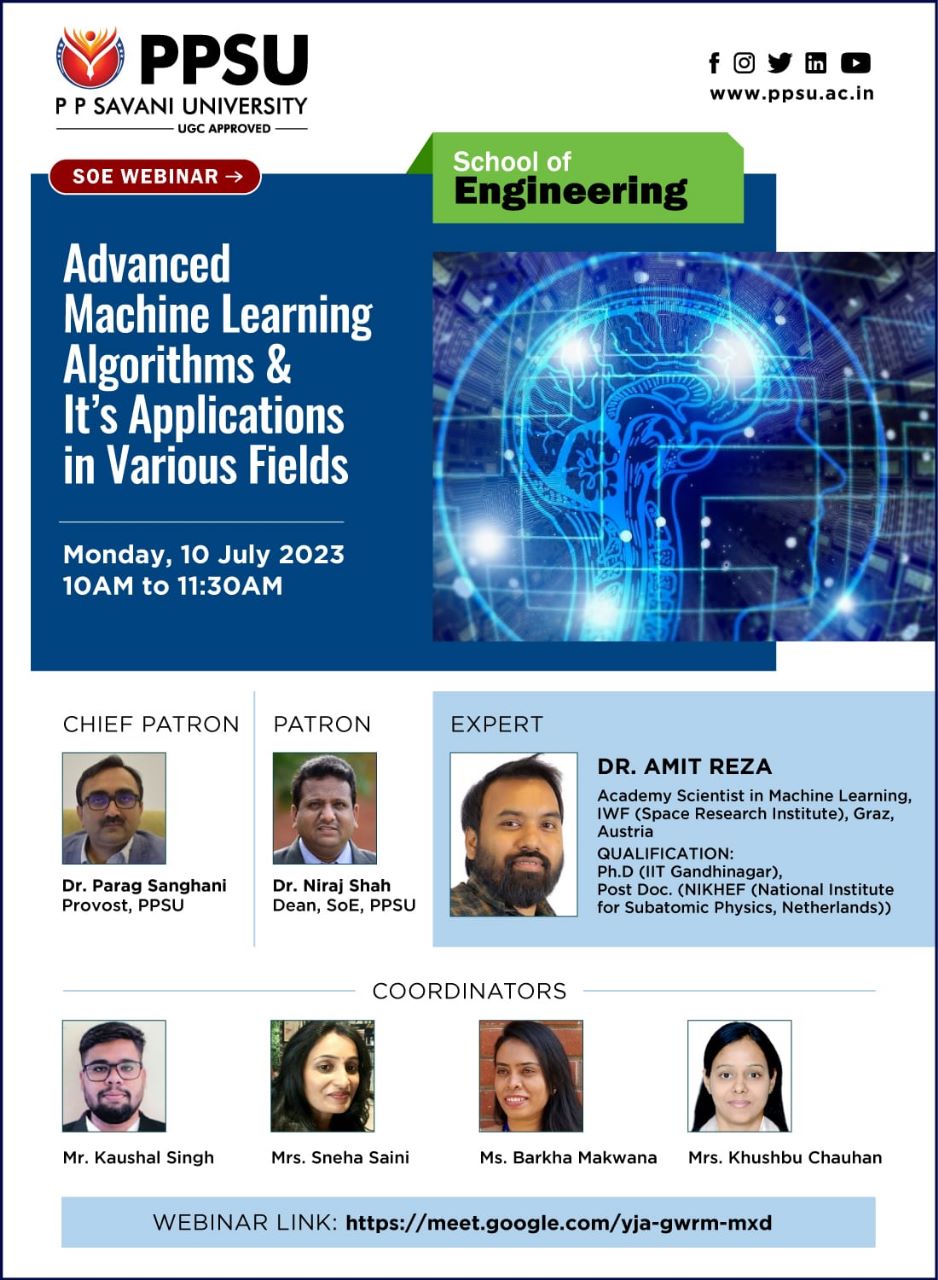
.jpeg)
.jpeg)
